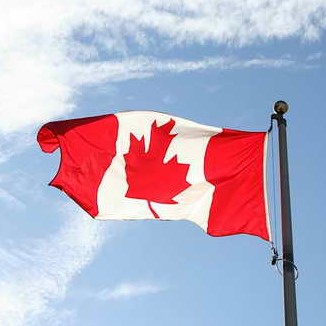Politicians of EU call for MNE tax transparency

Senior members of national parliaments in Europe have called for greater public transparency on taxes paid by multinational corporations. In an open letter addressed to their respective governments, the lawmakers have called for multinationals to make public, for each tax jurisdiction in which they do business, their revenue, profit before income tax, income paid and accrued, total employment levels, capital, retained earnings, and tangible assets. The letter states: "The base erosion and profit shifting project and the EU Commission country-by-country reporting initiative will lay the foundations of a modern international tax framework under which profits are taxes where economic activity and value creation occur. But we want to enable the citizen to have access to this information. We would also expect companies to identify each entity in the group that is doing business in a particular tax jurisdiction and to provide an indication of the business activities in a selection of broad areas that each entity is engaged in." "We want to see this information published so that our citizens can see for themselves what tax multinationals pay so that not only will our national tax...








